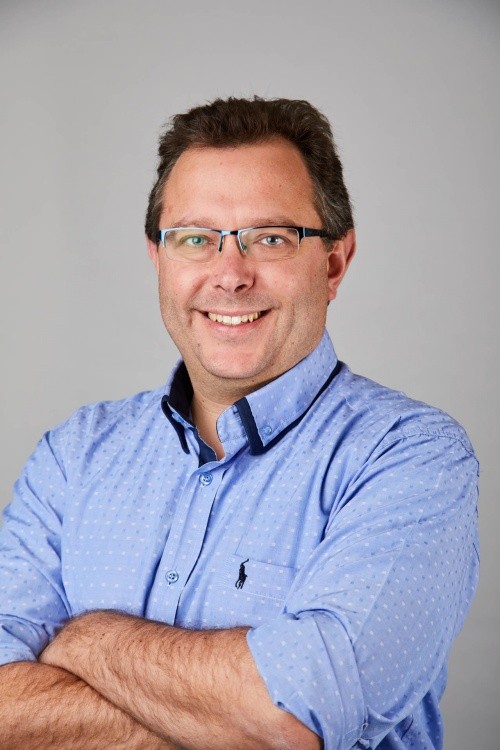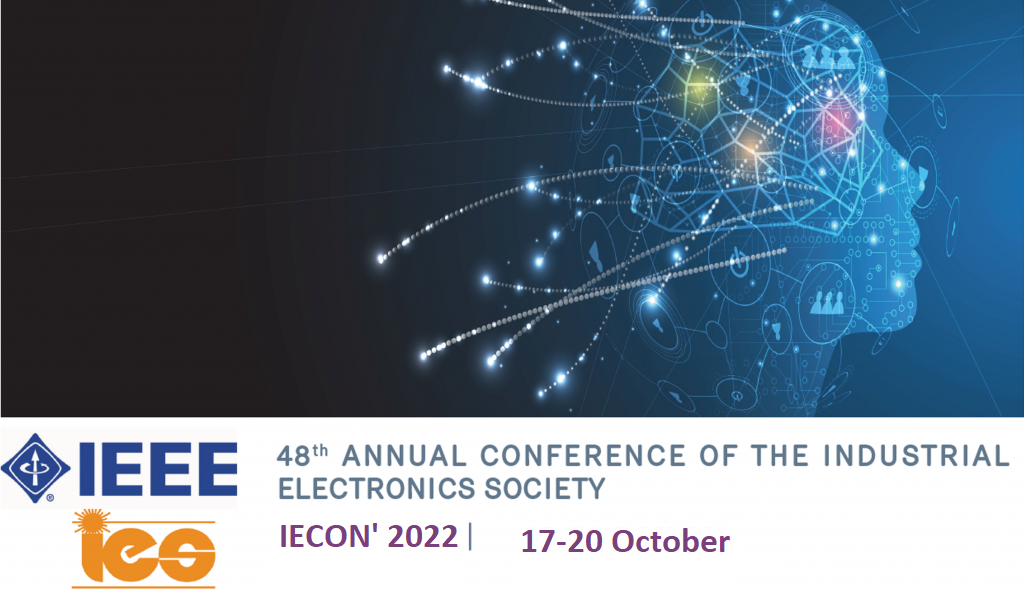Plenary Speakers IECON 2022
Kathrine Jensen
Kathrine Jensen is a Policy Analyst at the European Commission, where she delivers Strategic Foresight to help European policymaking navigate the challenges of tomorrow. Within the Competence Centre on Foresight at the Joint Research Centre, she works on the foresight exercises that lead to the annual Strategic Foresight Reports. Most recently, she has co-authored the foresight study: Towards a green and digital future: Key requirements for successful twin transitions in the European Union.
Towards a Green and Digital Future
A climate-neutral Europe by 2050 and a Europe that is a global role model for sustainable digital economies. These targets are part of the EU’s goal of achieving successful twin transitions. Multiple policies aim at making the most of two megatrends that can determine our common future. Firstly, the need to respond to climate change by mitigation strategies and by adapting societies and economies.
These necessary changes are what lies behind the ‘green transition’. At the same time, our societies and economies are experiencing digitalisation, and digital tools are quickly becoming indispensable. The ‘digital transition’ is about how we can harness the potential of such tools to improve our societies and economies. But what can a green and digital future look like for Europe? How can the green and digital transitions be combined? Through strategic foresight, the Joint Research Centre at the European Commission has tried to answer these questions. You may be asking - what is foresight? The future remains as unknowable as ever. But there are trends and signs of change that we can already see, and by drawing on expertise from across multiple fields of study, we can start to think about how to prepare. By using participatory and transdisciplinary methods, foresight studies explore possibilities for the medium to long-term future. Foresight is based on the
fundamental premise that the future is open and cannot be predicted but that it can be shaped.
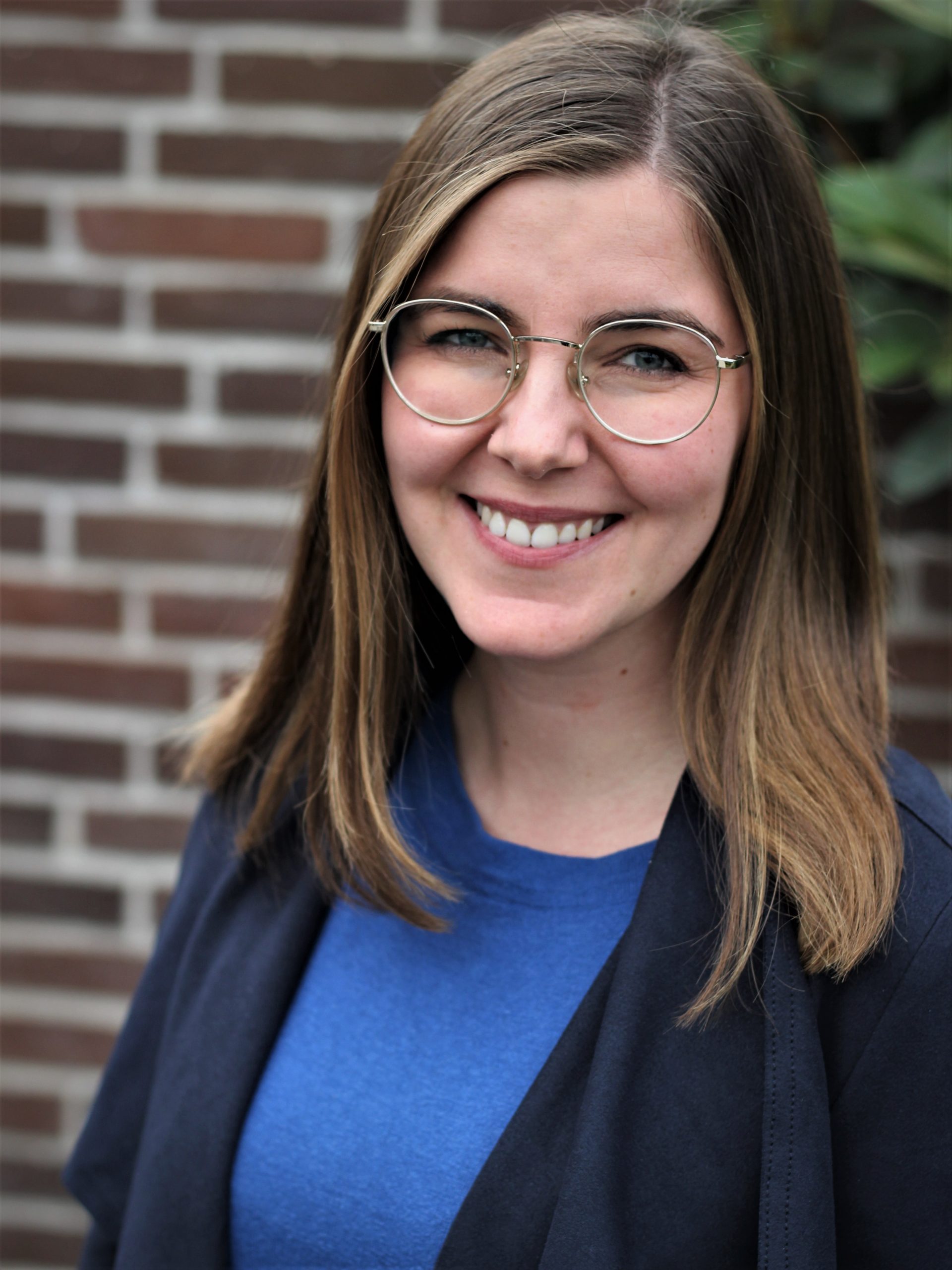
Christof Schernus
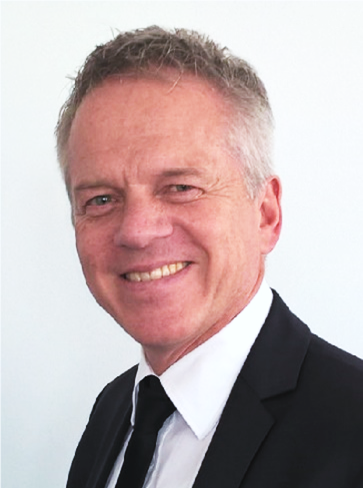
Joeri Van Mierlo
Prof. Dr. ir. Joeri Van Mierlo is a key player in the Electromobility scene. He is professor atthe Vrije Universiteit Brussels, one of the top universities in this field. He leads the MOBI – Mobility, Logistics and automotive technology research centre. He was visiting professor at Chalmers University of Technology, Sweden (2012). He is expert in the field of Electric and Hybrid vehicles (batteries, power converters, energy management simulations) as well as to the environmental and economical comparison of vehicles with different drive trains and fuels (LCA, TCO).
Prof. Van
Mierlo was Vice-president of AVERE (2013-2019), the European Electric Vehicle
Association (www.avere.org) and Vice-president (2015-2019) of its Belgian
section AVERE-Belgium (http://avere-belgium.org). He chairs the EPE chapter
“Hybrid and electric vehicles” (www.epe-association.org). He is an active
member of EARPA (European Automotive Research Partner Association) and member
of EGVIA (European Green Vehicle Initiative Association). He is active in
Flanders Make.
He is IEEE Senior Member and member of IEEE Power Electronics Society (PELS), IEEE Vehicular Technology Society (VTS) and IEEE Transportation Electrification Community.He is editor in chief of the World Electric Vehicle Journal and the author of more than 500 scientific publications.
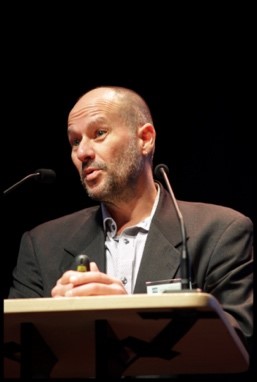
Jorgen D'HONDT
Prof.dr. Jorgen D'Hondt is Chairperson of the European Committee for Future Accelerators (ECFA).
World records are there to be beaten, maps to be redrawn, dogmas to be contradicted … and nature is there to be discovered. Solving the fundamental puzzle of all phenomena happening at the smallest level, the quantum scale, has been a thrilling endeavour for scientists since forever. About half a century ago the Standard Model of particle physics was developed as a theory to describe the interactions between the elementary building blocks of nature. According to this model a series of quarks and leptons build up the entire universe and interact by means of four fundamental forces. The last quark in the list was discovered only at the end of the last century. Over the years this model has been the basis for scientists to understand not only the micro-scale of nature, but also the largest structures in our universe.
With my research I try to unravel the mysteries of the quantum scale of nature using gigantic particle colliders, like the Large Hadron Collider at CERN. Through creative scientific thinking and innovative technologies, we seek to discover new insights in the origin, evolution and content of the universe. In 2012 we have discovered a new particle which could be the cornerstone of our understanding of the universe and was quoted "breakthrough of the year 2012" by Science Magazine. Beyond this milestone in my career, as well as in the career of many of my colleagues, numerous challenges are awaiting. Our theory of particle physics is not perfect and should be extended to reach a "theory of everything", a dream pursued already by Albert Einstein.
